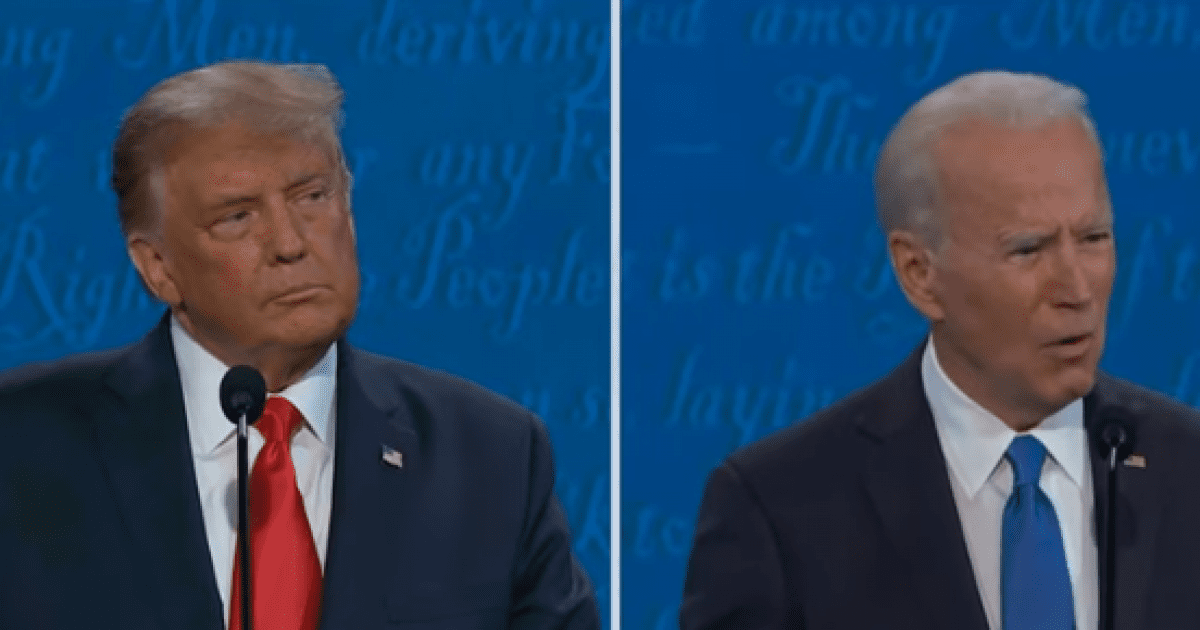Don’t worry folks, You do not need glasses.
You read that number right.
550,000 absentee votes had to be thrown out, BEFORE the general election at the begining of November.
These reports that will be shown as a part of this article came out MONTHS before the general election.
My question is very simple, and I am sure that we are on the same page here
Why, when the problems with these mail in practices were so evident MONTHS in advance, were they allowed to pass? Why are we using a process that is so inherently flawed?
Check it out:
NPR Reported in August:
An extraordinarily high number of ballots — more than 550,000 — have been rejected in this year's presidential primaries, according to a new analysis by NPR.
That's far more than the 318,728 ballots rejected in the 2016 general election and has raised alarms about what might happen in November when tens of millions of more voters are expected to cast their ballots by mail, many for the first time.
Election experts said first-time absentee voters are much more likely to make the kinds of mistakes that lead to rejected ballots. Studies also show that voters of color and young voters are more likely than others to have their ballots not count.
Most absentee or mail-in ballots are rejected because required signatures are missing or don't match the one on record, or because the ballot arrives too late.
"If something goes wrong with any of this, that's a problem writ large, but it's also going to be one that hits some populations of the United States a bit harder than others, potentially disenfranchises different groups of folks at higher rates," said Rob Griffin of the Democracy Fund, which is conducting a sweeping survey of the 2020 electorate with researchers at UCLA.
Griffin said, so far, about a quarter of those who voted in person in the last election say they plan to vote by mail this November. The same is true for those who have never voted before and will be casting their first ballots in this year's election.
The numbers compiled by NPR are almost certainly an underestimate since not all states have made the information on rejected mail-in ballots available.
Even with limited data, the implications are considerable. NPR found that tens of thousands of ballots have been rejected in key battleground states, where the outcome in November — for the presidency, Congress and other elected positions — could be determined by a relatively small number of votes.
Business Insider also had this to say:
The upcoming presidential election, where a large number of voters are expected to mail in their ballots due to the coronavirus pandemic faces a myriad of problems: Confusion over where to vote, having to wait in long lines, and not receiving ballots on time, are among the many concerns that loom over ahead of the presidential election. The strikingly high number of mail-in ballots that were rejected in the primaries amplifies these concerns.
Again, why?
Why was a process used which was KNOWN to be and REPEATEDLY pointed out by many to be a complete mess?
You decide.



Join the conversation!
Please share your thoughts about this article below. We value your opinions, and would love to see you add to the discussion!